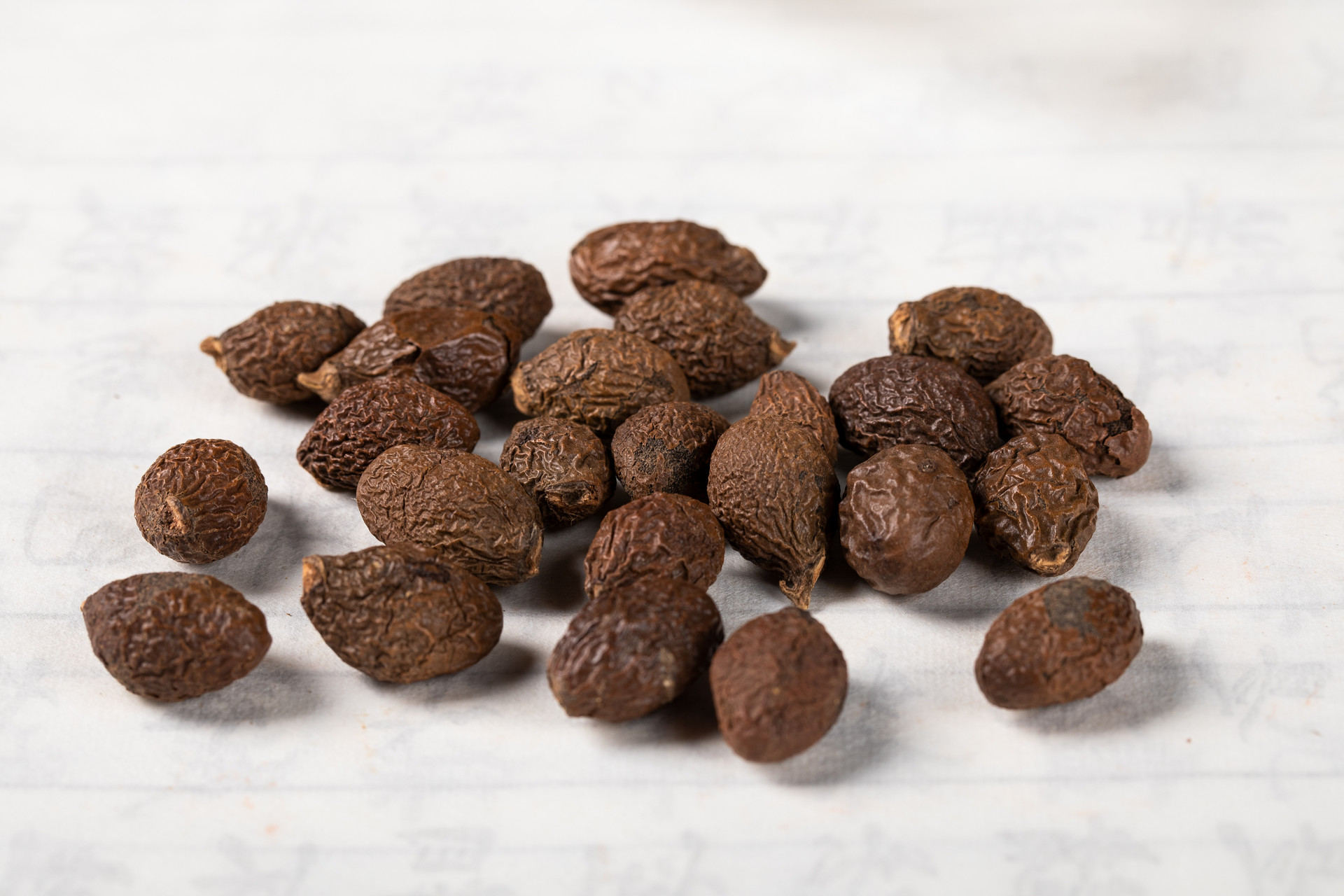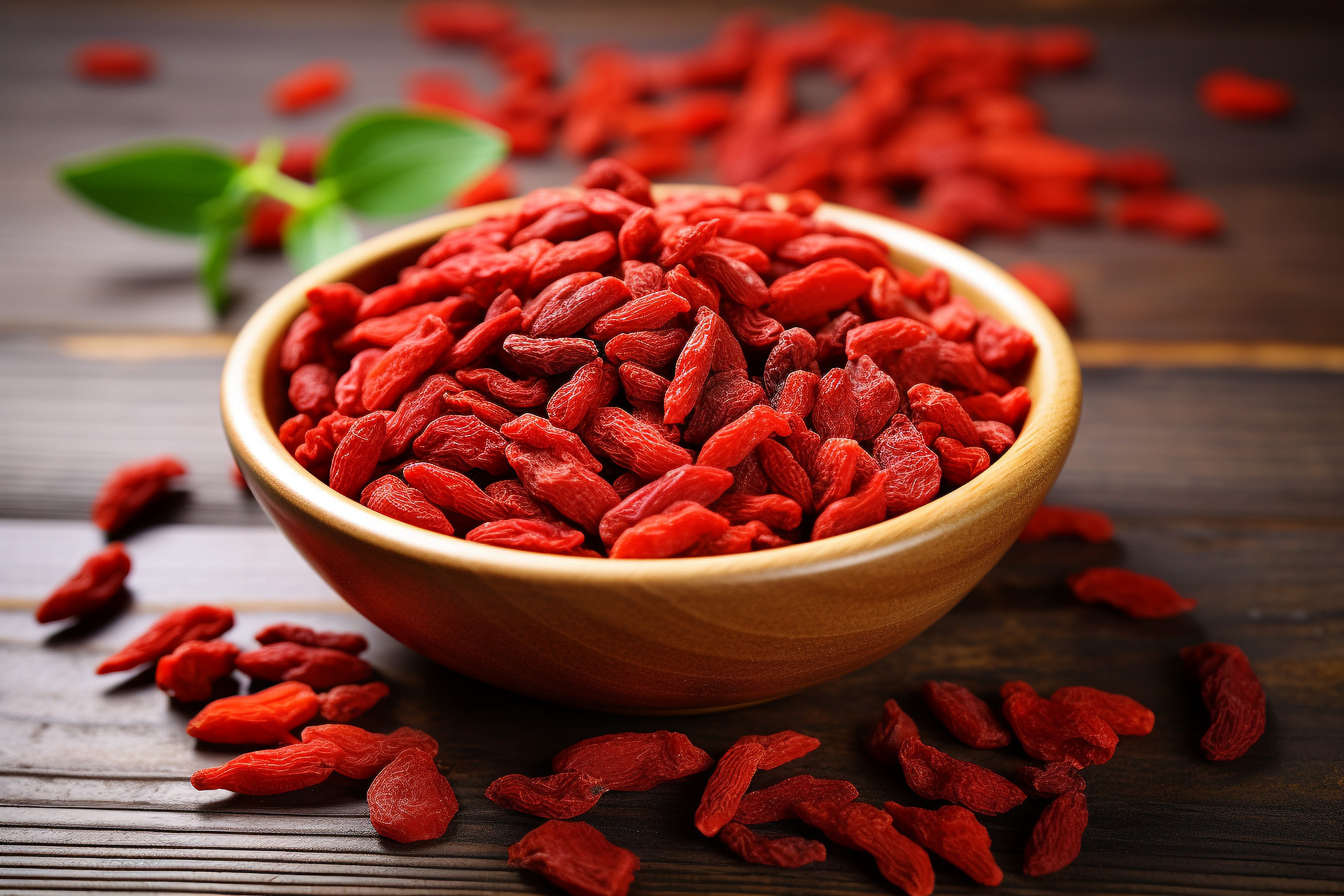When it comes to cilantro, it seems that people either love it or hate it. Regardless of personal preferences, it cannot be denied that cilantro is a unique and aromatic herb that not only has medicinal properties but also contains significant nutritional value. Let's explore the nutritional benefits of cilantro.
Nutritional Composition of Cilantro
In every 100 grams of cilantro, the carotene content is comparable to that of carrots. Its vitamin C content is several times higher than that of tomatoes, making it an excellent source of vitamin C. Cilantro is also a good source of vitamin B2, which is comparable to milk. It contains 2-3 times more calcium than pig bones and has a comparable iron content to iron-rich foods like sesame and walnuts. Additionally, cilantro contains various essential oils, sugar alcohols, glycosides, and other bioactive substances that promote blood circulation and enhance the body's immune system.
Improving Night Blindness
The carotene in cilantro is comparable to that in carrots, being 2.1 times higher than that in tomatoes. Carotene can be converted into vitamin A in the human body, which helps maintain eye and skin health. It is effective in improving night blindness and rough skin.
Detoxification and Beauty
In traditional Chinese medicine, cilantro is believed to have the ability to induce sweating, detoxify the body, and resolve phlegm. Another nutrient in cilantro, vitamin C, also contributes to its detoxification properties. Vitamin C has anti-inflammatory and antibacterial effects, promoting detoxification and enhancing beauty. Adding more cilantro to your diet is a good way to supplement vitamin C.
Preventing Inflammation
Cilantro is rich in vitamins, particularly vitamin B2, which is comparable to milk. Vitamin B2 has therapeutic effects on various inflammations, such as angular cheilitis, lip inflammation, tongue inflammation, conjunctivitis, and scrotal inflammation. Its deficiency can lead to a series of discomforts and is an essential vitamin during growth and development.
Blood Nourishment
Cilantro is rich in iron, seven times more than tomatoes, and comparable to iron-rich foods like sesame and walnuts. Iron is an essential mineral for the human body, and its deficiency can lead to anemia. For individuals with iron-deficiency anemia, consuming cilantro can supplement iron.
Calcium Supplementation
Cilantro is rich in minerals, surpassing many other vegetables, including calcium. Incorporating cilantro into your daily diet can provide the body with calcium, strengthening bones and promoting overall health.
Strengthening the Spleen and Stomach
The volatile oil components and aromatic substances in cilantro promote blood circulation and improve metabolism. Consuming cilantro can stimulate sweating, detoxification, increase appetite, strengthen the spleen and stomach, promote digestion, and enhance the immune system.












